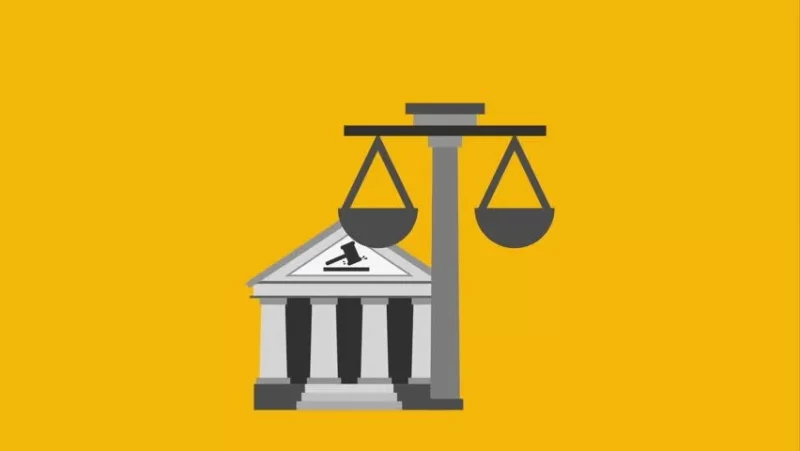
Legislative amendment on the electoral exclusion of neo-Nazis fails to follow good legislation rules



Aiming at the adoption of rules for good and transparent lawmaking within the framework of the rule of law, Article 74 (5) of the Constitution, and Articles 87, 88 and 101 (5) of the Parliamentary Rules of Procedure stipulate that ministerial amendments to proposed bills may be tabled up to three days before the start of the debate in the plenary or the relevant parliamentary committee, prohibiting amendments unrelated to the main subject matter of the bill.
The purpose of these rules is to allow enough time for the proper legislative and consultation processes to be followed, allowing input both from MPs and from the public – of any regulation proposed by ministers in the form of amendments.
However, the above rules were not followed in the voting process of law 5019/2022, which was passed on February 8th, 2023. The bill was submitted by the Ministry of Development and concerned the protection of consumers. The Ministry of Interior submitted an amendment unrelated to the main subject of the law, concerning the right to form combinations in parliamentary elections and effectively excluding a party headed up by the convicted neo-Nazi ex-MPs of Golden Dawn.
Apart from the violation of the rules of good legislation, concerns were also expressed regarding the content of the regulation. In a statement, Xenophon Kontiadis, professor of Public Law at Panteion University and president of the Centre for European Constitutional Law, argued that the provision that allows the courts to judge when there is a hidden leadership of a party which may include persons convicted of the specific offences provided for in five chapters of the Criminal Code is problematic.
The legislation stipulates that the president, the general secretary, the members of the executive committee, the legal representative and the actual leadership of the party must not have been sentenced to any degree of imprisonment for a number of serious offences, such as high treason (Article 134 of the Penal Code) and participation in a criminal or terrorist organisation (Articles 187 and 187A of the Penal Code).
The academic questions how, in the midst of an election period, would a fair trial be conducted, as defined in Article 6 of the European Convention on Human Rights.
In a state governed by the rule of law, the government and the Parliament must legislate applying both the Constitution and the Rules of Procedure of the Parliament, as well as the other rules that have been established to guarantee and promote good and transparent lawmaking practices
In this case, the government has violated the rules of good lawmaking by tabling an amendment unrelated to the main subject of its bill.
Bank Account number: 1100 0232 0016 560
IBAN: GR56 0140 1100 1100 0232 0016 560
BIC: CRBAGRAA
![]()
In a time where the very foundations of democracy are gradually being eroded by the rise of extreme nationalism, alt-right movements, the spread of disinformation and corporate capture, the efforts of organisations such as Vouliwatch are more relevant than ever.
We rely on the generosity of each and every one of you to continue with our efforts for more transparency and accounta
By financially supporting Vouliwatch you support our litigation strategy, our campaigns for transparency and accountability in the political system, the development of new civic tech tools, our research projects and last but not least our impartial and accurate